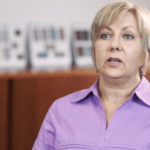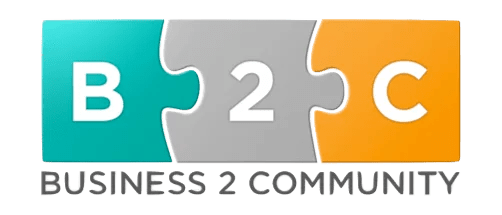If you’re a small business looking to get started with online marketing, you’ve probably done your research—and this research could leave you a little confused. You’re getting all kinds of mixed information about what online strategies could work for your business.
SEO? Google frequently tweaks the algorithm for what ranks and what doesn’t. It is a moving target.
Guest blogging? As Matt Cutts would say, “stick a fork in it” (although he somewhat retracted this). With all these mixed messages, you may be feeling defeated before you even start your online marketing strategy.
So, what’s a small business trying to break into online marketing supposed to do?
Try pay-per-click.
Yes, pay-per-click, or PPC, advertising is one of the best ways for a company to start its online presence for the first time. Why? It’s relatively simple and it’s a great jumping block to other online marketing plans.
PPC as a Beginning Step
For a small business trying out online marketing for the first time, the Internet can be, well, a little scary. After all, a smaller business doesn’t have the extra income to spend on a strategy that will be ineffective. You need something that will work and something that will work generally pretty quickly.
While SEO is still one of the strongest online marketing tools out there, it can often be confusing and take some time to establish, especially without the help of a strong search engine optimization company. PPC, however, is not only effective, but also a relatively comfortable transition. For a business who may be used to newspaper ads or advertising in the Yellow Pages, PPC has a more familiar feel.
You can also get immediate ROI from PPC, which is especially crucial for smaller businesses who don’t have the time to wait for leads to flow in. Whereas SEO could take months to show results, PPC can give a sense of instant gratification to your small business because you can see right away that your marketing strategy is working.
With these instant results from PPC, you’ll have an immediate set of analytics you can work with to determine which keywords are working and which ones aren’t—and that can help you when your business starts utilizing SEO down the line.
Transitioning to SEO
Once your business has jumped into the pool of online marketing and you’ve gotten your feet wet with PPC, now it’s really time to take the plunge with SEO. You don’t need to be intimidated, though—SEO is a completely natural, and essential, component to an online marketing strategy. To get started, you might need to work with a search engine optimization company to determine what will be the most effective method for you.
Most likely, the first thing an SEO company will tell you is that you need to start generating content. While link building used to be a sure-fire way to get a website ranked, that isn’t necessarily the case. Now, content marketing is the best bet for creating a solid, effective SEO campaign—and it’s something that Google indexers will love.
Content+ reported that businesses using blogs get 434 percent more indexed pages and 97 percent more indexed links by search engines. This means making blogs an invaluable way to generate content that will also give you results.
As a you create this content, though, keep in mind that it shouldn’t be creating a piece just for the sake of stuffing it with keywords. You should be creating content that is valuable to your readers, all while establishing yourself as an industry expert. If you do use guest bloggers, make sure they follow the same guidelines.
Using Social Media
Along with PPC and, eventually, SEO, you’ll want to use social media to your business’s advantage. Many businesses today seem to have social media profiles—and for good reason.
After all, 93 percent of marketers are using social media as part of strategies for businesses. These channels are also a perfect content sharing platform. After you’ve created all your quality content, you’ll want to share it with your fans and supporters. People are using sites like Facebook and Twitter more than ever, making them good content distribution channels for you. You may even reach people you wouldn’t otherwise have on these sites.
Social media may not necessarily lead your campaign, but consistent use of Facebook, Twitter and other platforms are still a crucial component of business’ strategies. So, as a small business venturing into online marketing, you’ll want to utilize social media as much as you can, but consider it as a secondary plan to work in conjunction with PPC or SEO.
Don’t Be Intimidated
Sometimes, the biggest hurdle for a small business entering online marketing is simply getting started. As you consider all these strategies, remember not to get discouraged. With time, research and dedication, your internet marketing strategy will prove itself to be effective.































